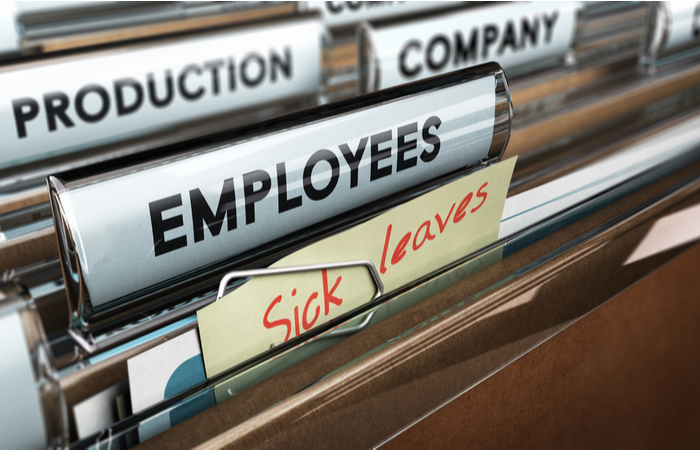
Four in five employers that measure the impact of sickness absences admit it has become more difficult since Covid-19 (Coronavirus).
According to research undertaken on behalf of Group Risk Development (Grid), while 85% of UK organisations record employee absences, just 63% actually measure the impact of sickness absence on their business. Of these, four in five said absences are more difficult to record since the onset of Coronavirus, as furloughing and working from home have masked sickness absence.
Of the businesses who understand the benefits of documenting the impact of staff sickness, 44% favoured recording the number of lost hours or days, and 40% preferred calculating the cost of sick pay provision, including statutory sick pay and salary costs.
Additionally, 36% look at the cost of lost productivity, and 33% analyse both direct costs for temporary staff and agency fees, and indirect costs of colleagues covering work, learning time and management time.
Katharine Moxham, spokesperson for Grid, commented that employee assistance programmes and wellbeing services, and group risk benefits, such as employer-sponsored life assurance, income protection and critical illness, offer comprehensive support that often begins before an employee is off sick, by mitigating the chance of the absence in the first place.
She explained that employers, insurers and advisers need to work together to determine the best approach to supporting staff, as the true measure of any business is how it treats its people, particularly when they are at their most vulnerable through sickness or injury.
“When an absence is prolonged, group risk benefits provide vital financial support for the individual but the overall premise of the products is now so much more about helping the employee remain in work or supporting a return to work in a safe, reasonable and sustainable manner,” Moxham said.
The research was undertaken by Opinium among 505 HR decision makers at UK businesses.